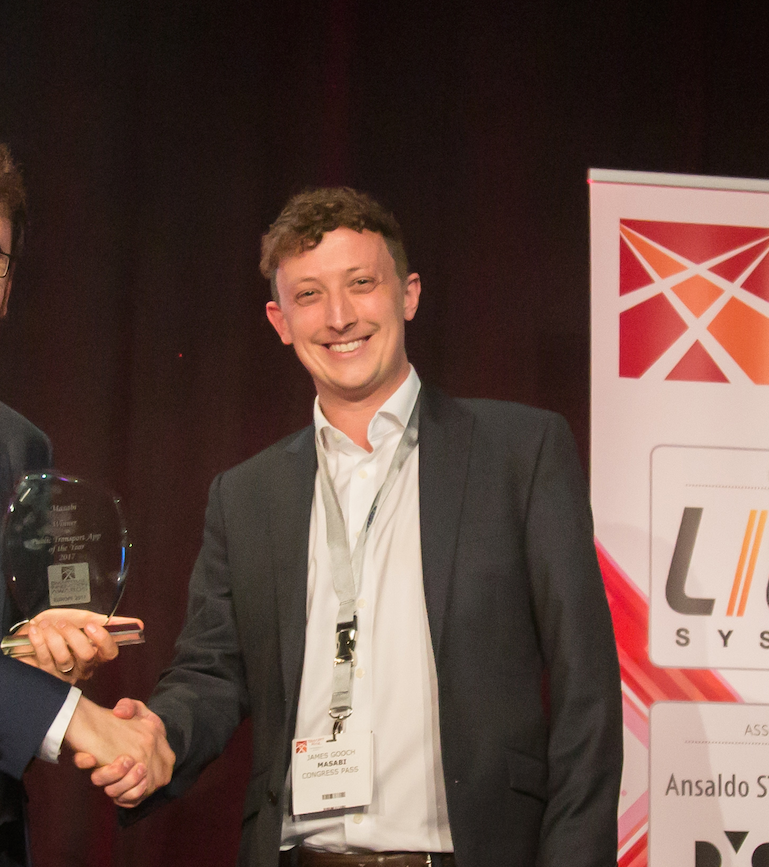The public transportation fare collection industry has been dominated by a small number of legacy Automatic Fare Collection (AFC) providers for a long period. These systems have been bespoke tailored solutions with a large upfront cost, and locked agencies into long contracts on closed systems causing problems such as higher costs and reduced innovation.
However, there is a growing trend towards more open and modular ticketing solutions for larger agencies, with agencies such as Transport for New South Wales (TFNSW), HSL (Helsinki), Transport for London (TFL) and Metrolinx moving towards a procurement tailored towards breaking these monopolies. More generally across Europe, Asia, and around the globe, we are seeing transport authorities moving away from legacy (closed) ticketing solutions.
Open modular solutions have numerous benefits over legacy AFC systems. With modular solutions, transport authorities can choose different suppliers for their Systems Integrator, Back-Office Fare Payments, and Validation (among other modules such as Mobile Apps, Ticket Vending Machines, etc). This means that agencies are no longer locked into a closed monopoly contract for years, often decades and as described below this will help reduce costs, drive innovation, and reduce lock-in, giving greater choice and control.
Modular ticketing solutions are rapidly gaining popularity in the public transportation industry, providing several benefits over proprietary, closed Automatic Fare Collection (AFC) systems. Here are the top benefits of modular ticketing solutions:
Benefit 1: Reduced Total Cost of Ownership
With modular solutions, there are no monopoly contracts locking agencies into a single vendor's solution suite. Instead, modular solutions provide a more flexible and cost-effective solution that can be easily updated and expanded as the needs of the city change through opening up innovation to the market. By reducing the reliance on legacy AFC systems, long locked-in contracts, and expensive change orders, and embracing cloud-native (multi-tenant) open platforms and best-in-class technology the total cost of ownership of the fare collection solution can be significantly reduced.
Benefit 2: Reduced lock-in
A major issue with legacy AFC solutions is the lock-in that comes with them. Agencies are often forced into monopoly contracts with a single supplier, with little flexibility to change or upgrade their system without expensive change orders and with limited or no choice of supplier.
Modular ticketing solutions offer a solution to this problem by reducing lock-in. The ease with which modules can be replaced means that agencies are not locked into one vendor's solution suite, and can choose the best solutions for their specific needs.
Benefit 3: Drive Innovation
Modular solutions enable the delivery of cutting-edge technology in a given module provided by the best suppliers in the market for that component without needing to purchase the rest of the system from a vendor that may not excel at all modules. This helps drive innovation and keeps the solution up-to-date with the latest technology.
(Continuous updates are only available with (multi-tenant) cloud-native platforms, but if selected as the back office supplier deliver free updates which helps keep the system up to date.)
Benefit 3: Easier Integrations
Modular solutions are connected through open APIs and SDKs that enable a more efficient and streamlined integration process for agencies and vendors alike, both upon implementation and during the operation of the solution.
(Pre-integrations are only available with (multi-tenant) cloud-native platforms, but if selected as the back office supplier delivers integrations can be ported making the integration process much easier.)
Benefit 4: Greater Control and Choice
By reducing lock-in, modular solutions provide greater control to the agency. They can choose the best-in-class solutions they need and replace module vendors as needed, without being forced to replace the entire solution in one hit.
Benefit 5: Increased Ridership and Revenue
By selecting a modular solution agencies have the opportunity to reduce their cost of fare collection and drive greater innovation through the delivery of technology through best-in-class solutions, driving innovation. This can lead to increased ridership and revenues as passengers benefit from a more seamless and convenient experience when traveling on public transportation, all at a lower cost.
Conclusion
In summary, open modular ticketing solutions provide a flexible, and innovative alternative to traditional, closed legacy AFC systems. With increased control and greater choice, it's no surprise that more and more agencies are embracing this trend and moving towards modular solutions.


